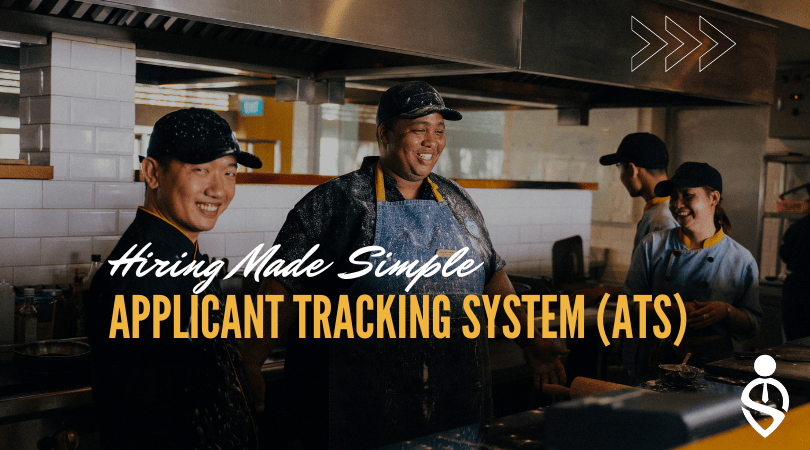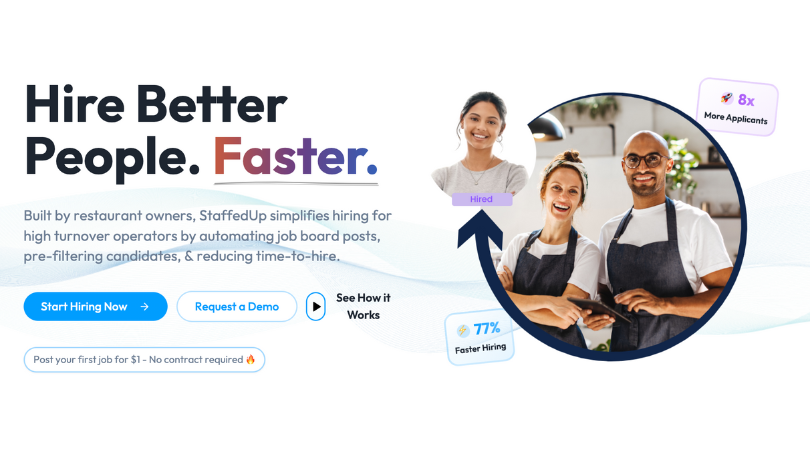In the fast-paced world of hospitality, staying on top of your staffing needs can feel like a Herculean task. Enter the applicant tracking system (ATS) — a game-changer in streamlining the hiring process. But what exactly is an applicant tracking system, and why should hospitality businesses like yours consider it?
An applicant tracking system is a software tool designed to simplify and automate various aspects of the recruitment process. From posting job openings to screening resumes and scheduling interviews, an ATS can handle it all. Not only does it save time, but it also ensures that no candidate slips through the cracks.
The Benefits of Using an Applicant Tracking System
One of the biggest advantages of an applicant tracking system is its ability to centralize all hiring-related activities. Instead of juggling multiple spreadsheets, emails, and documents, everything you need is in one place. This not only makes the process more efficient but also enhances collaboration among your HR team.
Moreover, an ATS can help you identify the most qualified candidates quickly. By using advanced filtering and sorting options, you can focus on those who meet your specific criteria. This means less time spent on manual screening and more time on engaging with potential hires.
How an Applicant Tracking System Enhances the Candidate Experience
A positive candidate experience is crucial in the hospitality industry, where first impressions matter. An ATS ensures that candidates receive timely updates and communications throughout the hiring process. Automated emails and notifications keep applicants informed, reducing the risk of losing top talent due to delays or lack of communication.
Furthermore, an ATS often comes with built-in tools for creating a user-friendly application process. Customizable application forms and mobile-friendly interfaces make it easier for candidates to apply, no matter where they are.
Real-World Impact: Success Stories from the Hospitality Industry
Many hospitality businesses have already experienced the benefits of using an applicant tracking system. For example, a popular hotel chain saw a significant reduction in time-to-hire and an improvement in the quality of hires after implementing an ATS. By leveraging the system’s analytics and reporting features, they were able to make data-driven decisions and continuously refine their hiring strategy.
Another restaurant group noted that their turnover rates decreased as a result of using an ATS. By providing a seamless onboarding experience, they could retain employees longer, leading to a more stable workforce and better guest experiences.
Conclusion
In conclusion, an applicant tracking system can be a valuable asset for hospitality businesses looking to streamline their hiring process, improve candidate experience, and make data-driven decisions. If you’re not already using an ATS, it might be time to consider making the switch.
For more insights on how technology can enhance your hiring process, check out this resource.



